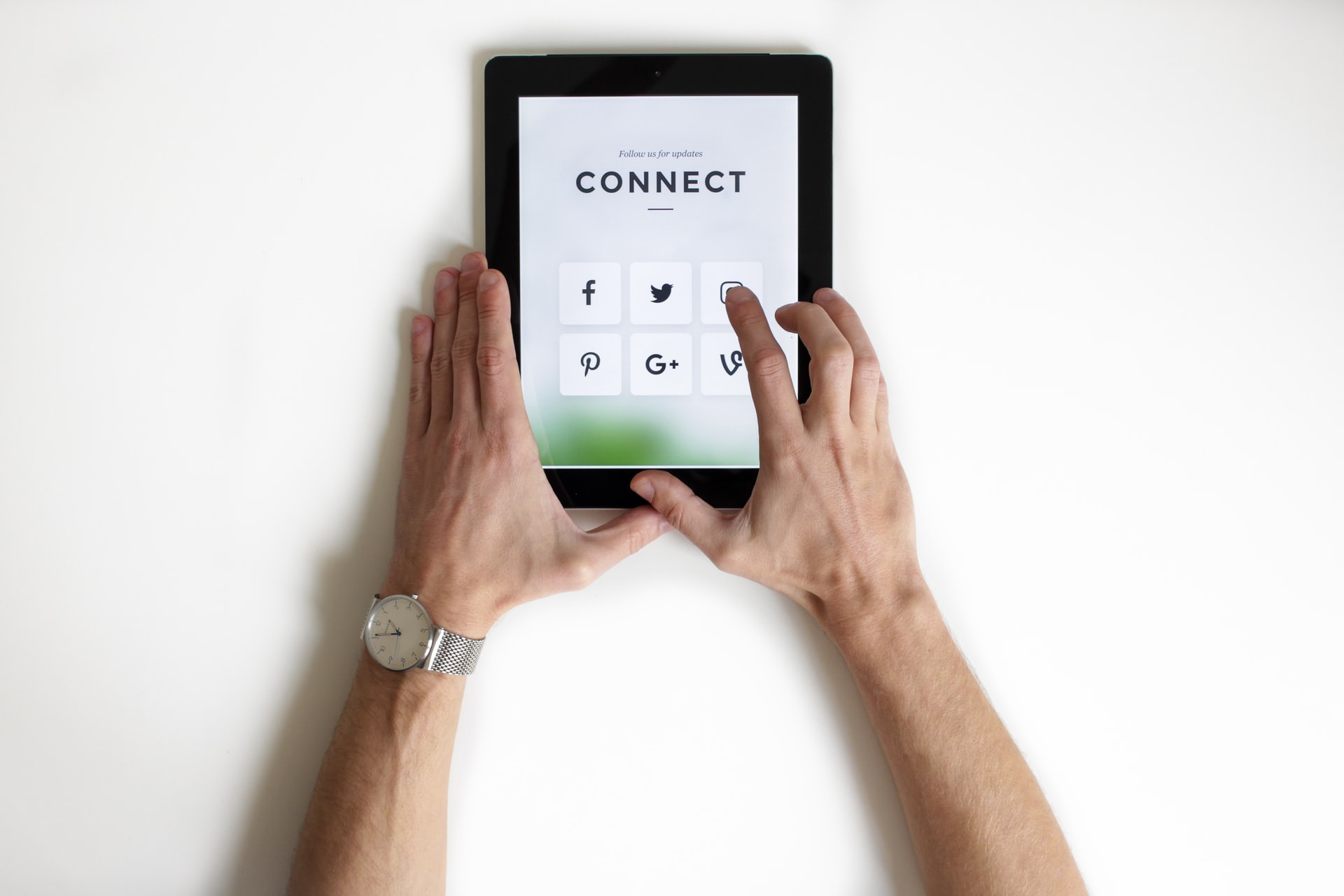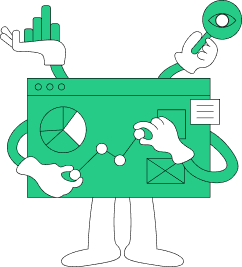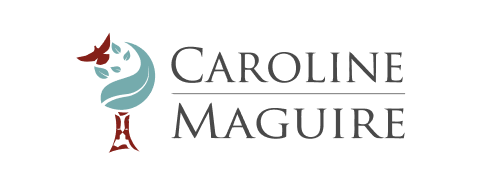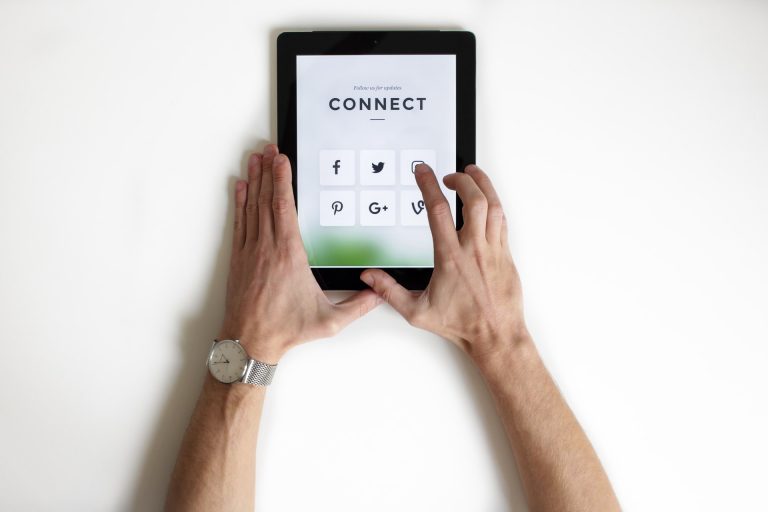For rehab and addiction treatment centers, social media marketing is an invaluable tool for reaching out to individuals and communities impacted by addiction. It provides a platform to raise awareness, share success stories, and offer support, thereby creating a digital environment conducive to healing and recovery. This guide highlights effective social media strategies for rehab centers, aiming to foster meaningful connections and provide vital resources.
The Role of Social Media in Addiction Recovery
Utilizing social media effectively can significantly impact the outreach of rehab centers:
- Educational Content: Share posts and articles that inform about addiction, treatment options, and recovery journeys, helping to destigmatize addiction.
- Empowering Stories: Use patient success stories (with consent and confidentiality) to inspire and encourage those considering treatment.
Creating a Supportive Online Community
Social media is an ideal platform for building a community of support:
- Engagement and Interaction: Regularly interact with your audience, providing answers to questions, and fostering discussions around recovery and wellness.
- Group Forums: Establish online groups or forums where individuals can share experiences and offer peer support under professional guidance.
Developing a Tailored Content Strategy
A well-planned content strategy is key to social media success:
- Consistent Posting Schedule: Maintain a regular posting schedule to keep your audience engaged and informed.
- Varied Content Types: Utilize different types of content like images, videos, infographics, and live sessions to keep the feed dynamic and engaging.
Leveraging Different Social Media Platforms
Each social media platform can serve different purposes:
- Facebook: Ideal for sharing longer-form content, hosting live Q&A sessions, and building community groups.
- Instagram: Use for sharing inspiring visuals, short stories, and interactive content like polls and stories.
Humanizing Your Center Through Social Media
Show the compassionate and human side of your center:
- Personal Touch: Share insights from therapists and staff members, offering a glimpse into the people behind the treatment.
- Day-to-Day Operations: Give a behind-the-scenes look at your center, showcasing the environment and what patients can expect.
Utilizing Paid Social Media Advertising
Paid advertising can extend your reach significantly:
- Targeted Campaigns: Use social media’s targeted advertising tools to reach specific demographics who might benefit most from your services.
- Retargeting Strategies: Implement retargeting to stay in touch with individuals who have shown interest in your services.
Measuring Success and Adapting Strategies
Continuously evaluate and adjust your social media approach:
- Analytics Tools: Monitor engagement and reach through platform analytics to understand the impact of your content.
- User Feedback: Listen to the feedback from your audience to refine your approach and better meet their needs.
Through thoughtful and compassionate social media marketing, rehab and addiction treatment centers can play a crucial role in guiding individuals towards recovery, breaking down barriers, and building a supportive community that fosters healing and hope.
















